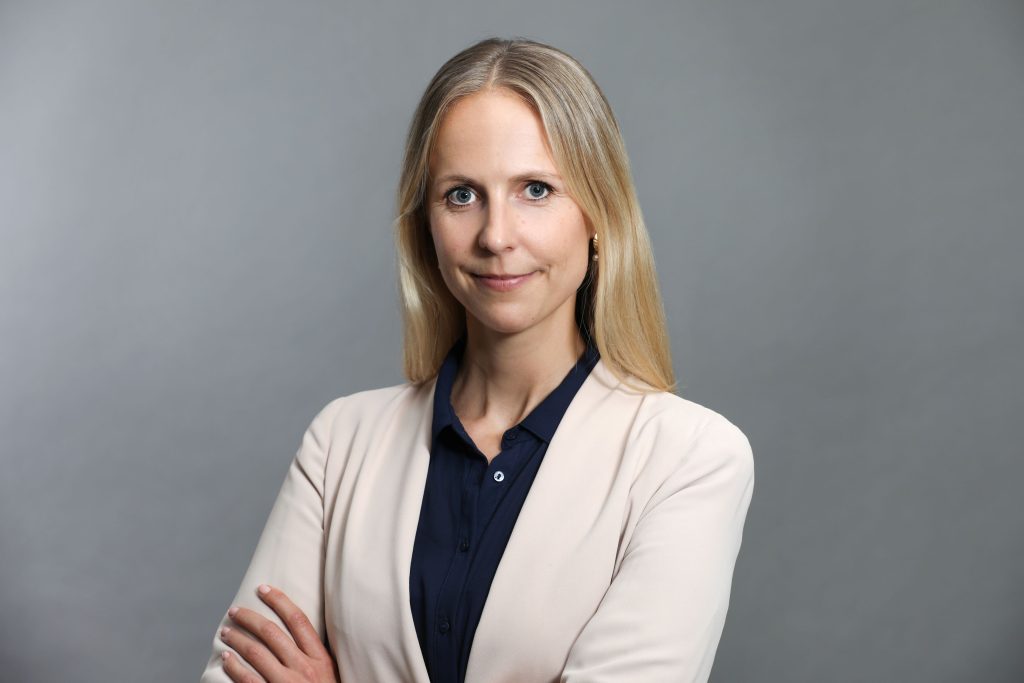At DERTOUR Group, decisions that affect our travel portfolio are never made lightly. When it comes to animal welfare, especially concerning marine mammals, our journey toward change has been shaped by reflection, research, and collaboration.
Over the past months, our Corporate Responsibility team, began re-evaluating excursions involving whales, dolphins, and other marine mammals. The question wasn’t just about what we offer — it was about what we stand for.
The process started with a comprehensive review of our animal-related products. From there, internal discussions evolved into broader conversations with tourism partners and animal welfare experts. These exchanges revealed a growing consensus: experiences that involve direct contact with marine mammals or encourage unnatural behaviours no longer align with the values we want to uphold.
The result is a clear but carefully considered decision. Starting November 2025, DERTOUR Group will no longer offer activities such as swimming with dolphins, shows involving trained performances, or any experience that requires marine mammals to leave the water. Instead, we’ll focus on respectful wildlife observation and support conservation efforts through the DERTOUR Foundation.
To share more about how this decision came to be — and what it means for the future — we spoke with Laura Steden, Director of Corporate Responsibility at DERTOUR Group.

1. What were the key factors that led DERTOUR Group to remove excursions involving marine mammals in captivity from its portfolio?
This decision builds on our commitment to animal welfare, which is secured in our binding animal welfare policy. We want to ensure that all our offerings meet the highest standards of animal welfare. This also means we do not support attractions that contradict the natural needs and behaviours of marine mammals. As part of this commitment, activities involving direct contact between humans and marine mammals—such as swimming with dolphins—will no longer be offered. Additionally, shows that force animals to perform unnatural behaviours are no longer part of the portfolio.
2. Can you walk us through the internal journey—how did this decision evolve from initial discussions to a concrete policy?
After conducting a comprehensive portfolio analysis of all animal-related products in our portfolio, our journey began with internal discussions on how to better align our product portfolio with our animal welfare values. These conversations evolved into a broader stakeholder dialogue, involving tourism industry partners and animal welfare experts. Through this exchange, we gained valuable insights into best practices and the impact of attractions involving marine mammals in captivity, which led to the decision to remove them from our portfolio.
3. How did you collaborate with animal welfare experts and what role did their input play in shaping the final strategy?
Our animal welfare policy was developed in close collaboration with animal welfare experts, whose input was essential in shaping its content and direction. Their expertise also played a key role in designing our animal welfare audit strategy, which has already been implemented. We remain in continuous dialogue with them and rely on their expertise to ensure our strategy reflects the latest insights and best practices in responsible tourism.
4. How do you envision the future of animal experiences in tourism, and what role will DERTOUR Group play in shaping that future?
We envision a future where animal experiences in tourism are respectful and responsible. Our goal is to create unforgettable vacation experiences while also respecting the well-being of animals. DERTOUR Group promotes animal-friendly alternatives, such as the responsible observation of marine mammals in the wild and actively supports animal welfare projects in our travel destinations. As a best practice example, we have successfully revised our approach to elephant camps in Thailand and Sri Lanka: we no longer offer activities such as bathing or riding elephants and instead promote responsible observation from a respectful distance.
5. What message do you hope this decision sends to travellers and the wider tourism industry?
This decision reflects our commitment to responsible tourism. It aims to encourage travellers to choose animal-friendly experiences and signals to the industry the importance of integrating animal welfare and sustainability into our products.
